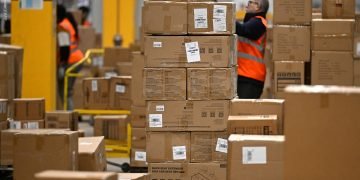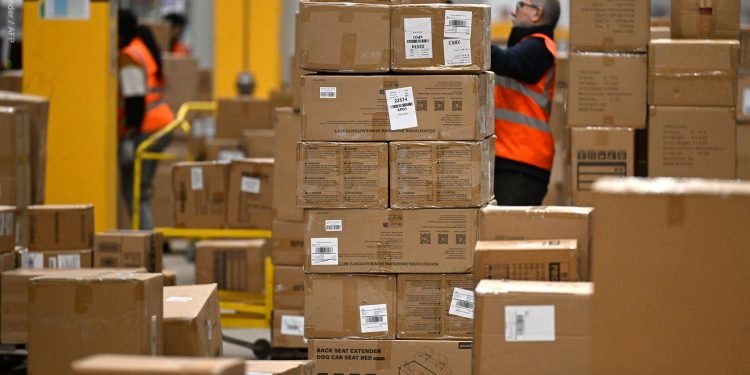EU Ministers Kill Duty-Free Loophole for Small Parcels, Shaking Up E-Commerce Logistics
After years of hesitation, Europe has decided to pull the plug on one of the most controversial privileges in online shopping: the duty-free rule for low-value parcels.
The measure, approved this week by EU finance and trade ministers, will end tax-free entry for small imports, a policy that had quietly powered the boom in ultra-cheap items flowing from Asia into European households.
For a long time, this rule seemed harmless — a few euros saved on cables, toys, or beauty products ordered online. But it turned into something much larger. Billions of mini-parcels now cross borders every year, many priced deliberately just below the old threshold to avoid customs duties. The system became, in Brussels’ words, “impossible to defend”.
A senior EU diplomat summed it up bluntly: “We’ve been subsidising unfair competition.”
The change means that every parcel entering the bloc will soon be treated like a normal import. Customs data, product codes, declared value, country of origin — everything will have to be filed. The Commission wants the new system live by early 2026, though a few member states are asking for a slower rollout.
For logistics companies, the shift is massive. Postal operators will have to process millions of extra customs declarations each day. Express carriers are already updating IT systems so they can attach full data sets to small parcels. Some online sellers are exploring new fulfilment strategies — for instance, stocking inventory inside the EU to clear goods in bulk before shipping them to customers.
It’s not just about paperwork. The economics of cross-border e-commerce are changing. Without the duty-free cushion, prices for many small imports will rise. Shipping one lipstick or phone case from Shenzhen to Paris won’t be as cheap as before.
That could slow the flood of micro-parcels that has overwhelmed sorting centres every Christmas season. Local retailers might also breathe a little easier if price gaps start to close.
Still, not everyone is cheering. Small exporters in Asia worry the new rules will hurt genuine low-cost traders. Some consumers, too, are unhappy at losing what felt like one of the few benefits of globalisation that reached ordinary households.
But the direction is clear: Europe is moving toward a stricter, data-driven model of trade. Every shipment must tell its story — what it is, where it comes from, and what it’s worth.
For the logistics industry, that means a new kind of competition: not just on speed, but on compliance, accuracy and trust. The parcels will still move fast — but from now on, they’ll have to move honestly.























